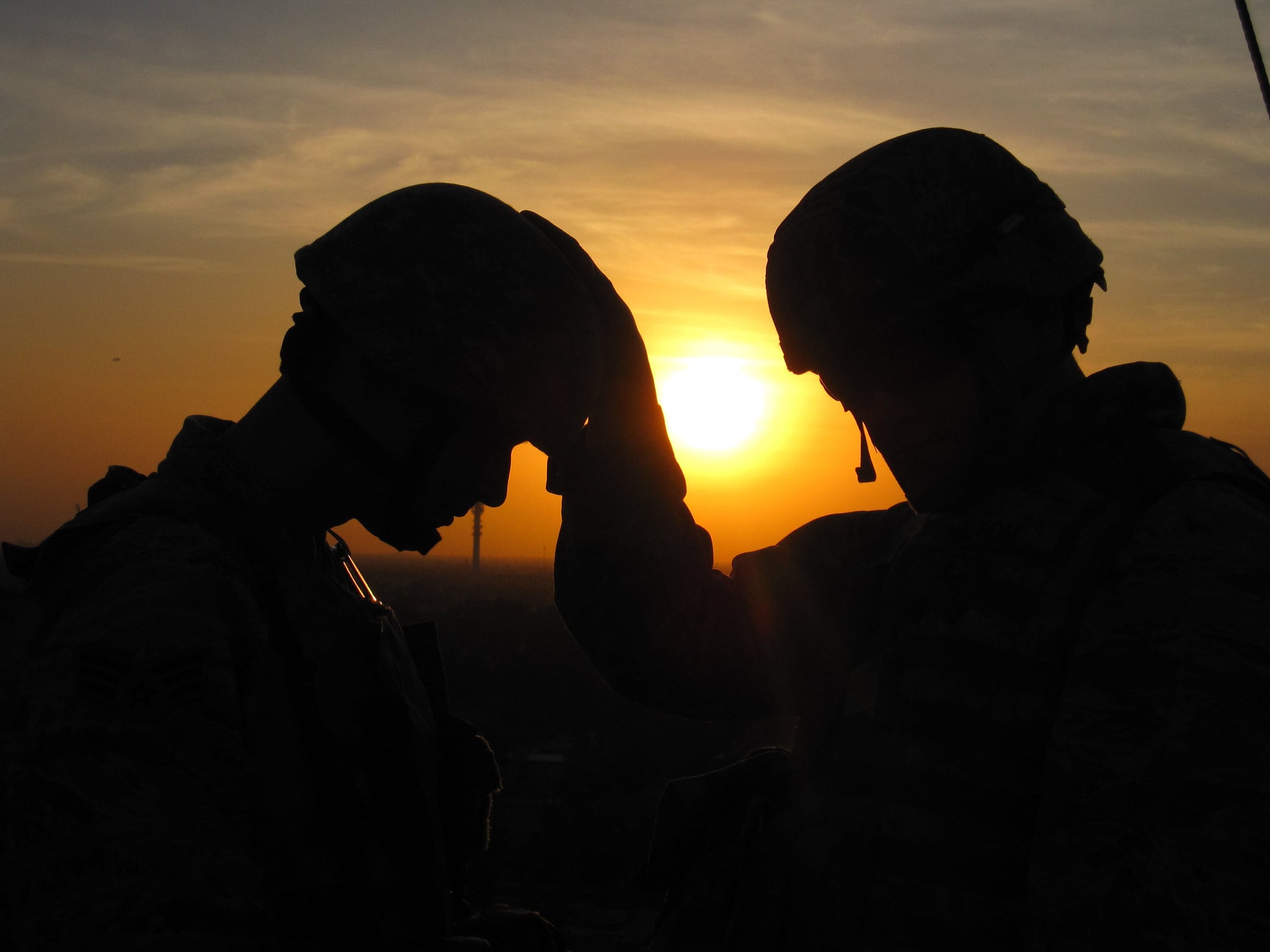When I first read the recently published article by Chaplain (Major) David Evans entitled, “Starting again: A call for chaplains to reconcile and properly support LGBTQI+ soldiers,” my initial response was one of appreciation. I shared the article on Facebook and stated, “The entire First Amendment is brought to bear in this one publication. A sensitive but important discussion.” Chaplain Evans appropriately states, “A chaplain is at the service of all soldiers.” This is absolutely true. The oath I have taken to support and defend the Constitution of the United States means my charge as a chaplain — a religious leader — is to champion the free exercise of religion that the First Amendment to the Constitution protects. However, each chaplain’s interpretation of sacred texts and traditions pertaining to the capability of performing religious rites is a matter of the free exercise of religion.
Department of Defense Instruction (DoDI) 1300.17, “Religious Liberty in the Military Services” states, “no Service member may require a chaplain to perform any rite, ritual, or ceremony that is contrary to the conscience, moral principles, or religious beliefs of the chaplain.” At the core of the DoDI is the Free Exercise Clause of the First Amendment to the United States Constitution. The Free Exercise Clause and the associated Establishment Clause together comprise the concept of “freedom of religion” inherent in the First Amendment. The Establishment Clause is the first segment which states, “Congress shall make no law respecting an establishment of religion.” The Free Exercise Clause is the second segment which estates, “[Congress shall make no law…] prohibiting the free exercise thereof.” In other words, the Establishment Clause prevents the state and federal governments from mandating religious practices. In contrast, the Free Exercise Clause prevents state and federal governments from inhibiting the religious practices of individuals.
To the heart of Chaplain Evans’ article, how the Chaplain Corps supports LGBTQI+ soldiers is of utmost importance. Recent command initiatives to enforce the standard that all persons are treated with dignity and respect are imperative. Existing policy, doctrine and regulation guide the Chaplain Corps and mandate every soldier, dependent and civilian is treated with dignity and respect. Nonetheless, as chaplains care for those whom we serve we must hold fast to our religious convictions in order to be the religious leaders the military requires us to be. If religious convictions do not matter for the religious leader, then there is reason to believe those religious convictions should not matter for anyone. Religious leaders and communities should not only be permitted, but should be encouraged, to interpret their sacred texts and traditions and to act in accordance with those interpretations (so long as their actions are not criminal and do not impinge on the Establishment Clause).
One of the issues at stake is whether or not a person’s sexual orientation is a matter of religion. Most religious leaders worldwide believe sexual orientation is a matter of religious importance. The Department of Defense understands “individual expressions of sincerely held beliefs (conscience, moral principles, or religious beliefs) which do not have an adverse impact on military readiness, unit cohesion, good order and discipline or health and safety” as being protected under the banner of religious liberty (DoDI 1300.17). The argument Chaplain Evans presents is essentially that if the Chaplain Corps is not careful, individual expressions of sincerely held beliefs by chaplains regarding normative practices of sexuality could collectively have an adverse impact on the military. This is a fair caution, but could also be misconstrued. If state and federal governments begin requiring chaplains to transgress sincerely held beliefs, then we will restrict the free exercise of religion of the very people whom we have charged with the task of protecting the free exercise of religion.
In summary, the Chaplain Corps should unequivocally set the standard for treating people with dignity and respect; and there is room for improvement here. However, as chaplains, we should champion the free exercise of religion of those who have taken the oath to serve as chaplains just as much as we champion the free exercise of religion of those for whom we have taken the oath to serve. If we do not account for the free exercise of religion for all soldiers regardless of category, we will undermine our ability to advocate for others.
Chaplain (Capt.) Jordan Henricks is an active duty Army Chaplain.
Commentary: The opinions expressed in this article are my personal opinions and do not represent the United States Army or the Army Chaplain Corps
Editor’s note: This is an op-ed and as such, the opinions expressed are those of the author. If you would like to respond, or have an editorial of your own you would like to submit, please contact Military Times managing editor Howard Altman, haltman@militarytimes.com.




